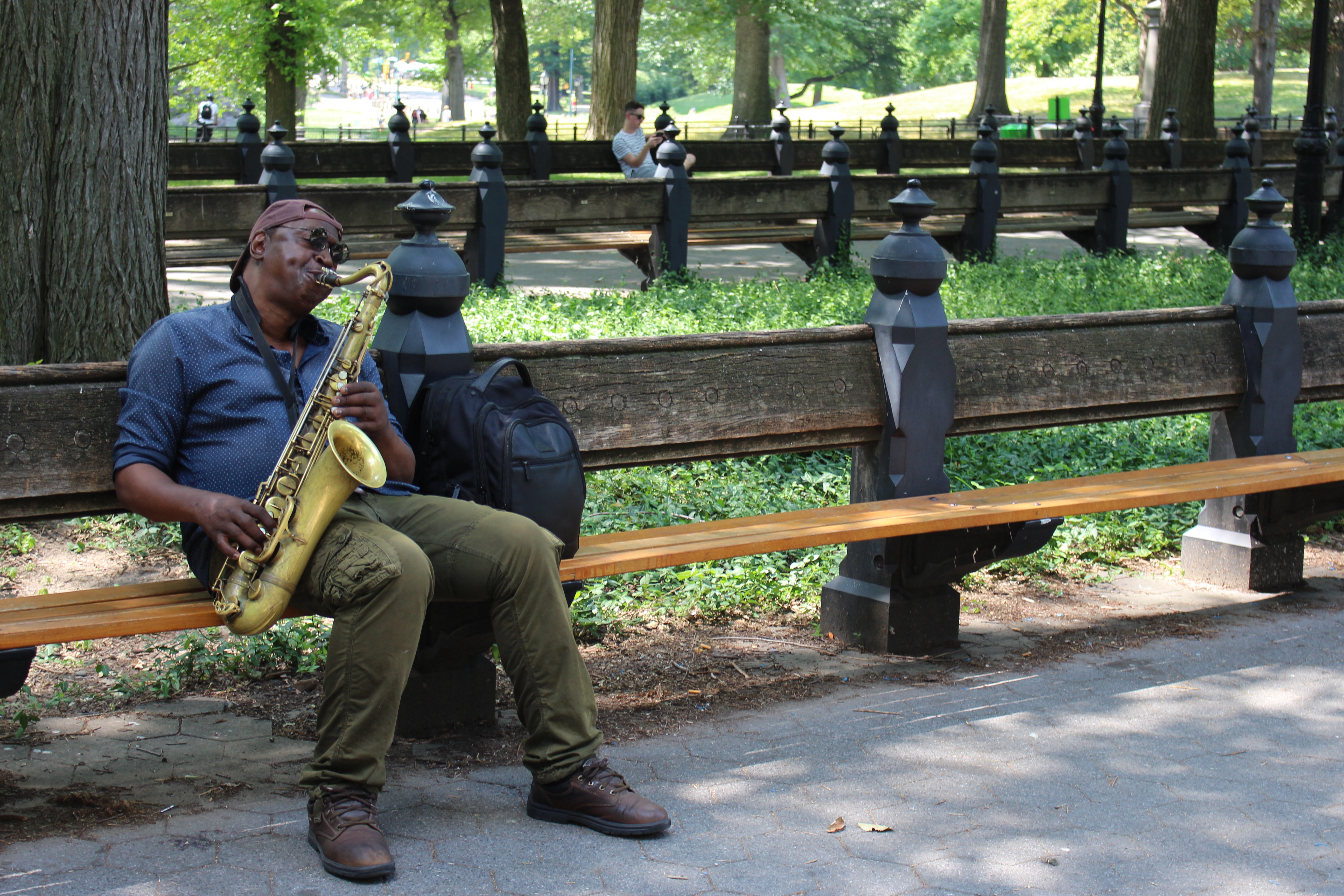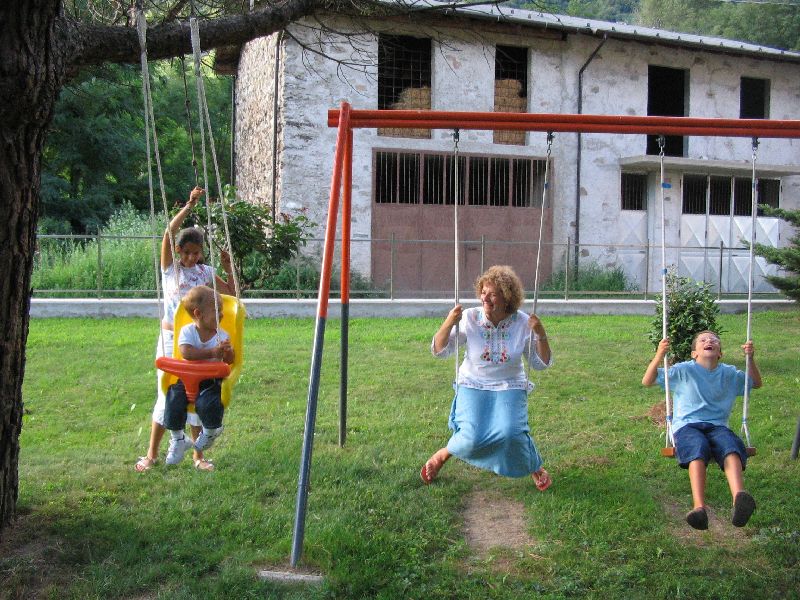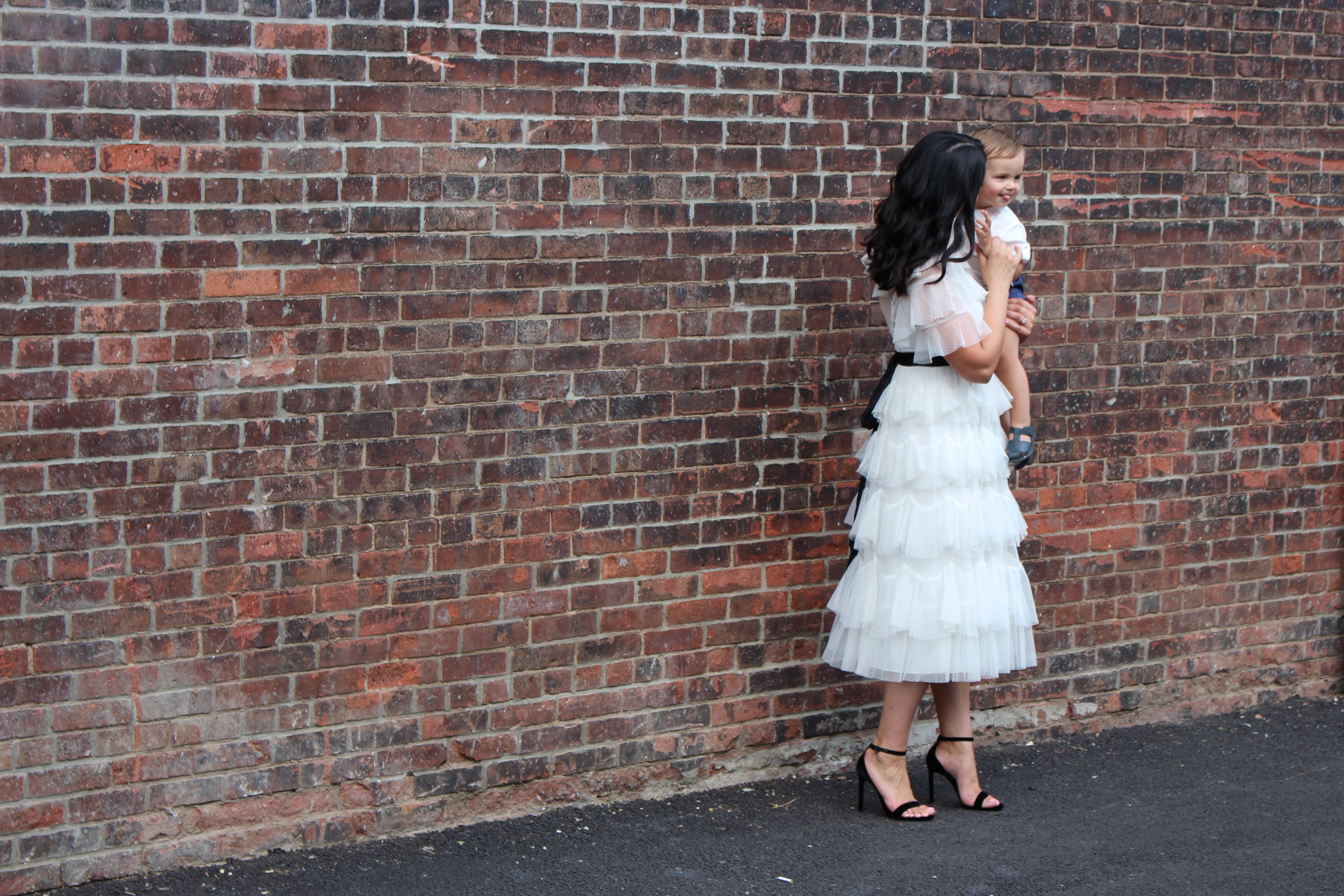
Listening has an intrinsic power. It is not just to hear sounds, voices, or noises.
Psychology can often give you interesting views regarding humans and their lives. There is one particular class I attended during the last semester in college which, since that time, has been engraved in my memory: among all the human communication skills that people have to learn since young age, listening is the only one that is not taught at all. Those faculties include (in order of importance): to listen, to talk, to read and to write. During our life we will use listening for 45% of our time, talking for 30%, reading for 16% and writing for only 9%. What is funny is that the time spent teaching each of them is inversely proportional: teachers/parents invest most of their energies in teaching children how to write or to read (there are literature classes at least until high-school!) and even to talk, when children are still babies. But no one will ever teach them how to listen. It’s a significant mistake since listening is the first communicative competence, the precondition for all the others and, moreover, it’s the necessary ground for building relationships. This is probably the reason why in “The Sound of Silence”, Simon & Garfunkel sing this: People hearing without listening. What is the difference?
 Listening has an intrinsic power. It is not just to hear sounds, voices, or noises. We are always hearing something, even when we don’t really want to. On the contrary, listening is about putting voluntarily the attention on what the other person is saying: keeping silent to understand another’s words and making some space in our minds to embrace another’s position. This may be sound easy, but in practice that’s a whole other ball game since other people can be so different from us!
Listening has an intrinsic power. It is not just to hear sounds, voices, or noises. We are always hearing something, even when we don’t really want to. On the contrary, listening is about putting voluntarily the attention on what the other person is saying: keeping silent to understand another’s words and making some space in our minds to embrace another’s position. This may be sound easy, but in practice that’s a whole other ball game since other people can be so different from us!
But the good news is: in comparison to talking, reading or writing, listening is almost universal. This means that even if we don’t speak the same language, even if we are from a different country, even more if we are not talking at all, I can always find a way to listen to you: firstly, as human being. True listening needs empathy: only by understanding our own humanity can we understand each other’s world. In WYA’s Certified Training Program, Martin Buber’s words can help us in describing this authentic relationship: “the basic word I-You can be spoken only with one’s whole being. The concentration and fusion into a whole being. The concentration and fusion into a whole being can never be accomplished without me. I require a You to become; becoming I, I say You. All actual life is encounter”.

Listening allows for a wiser manner of communication, as the Irish proverb says: “God gave us two ears and one mouth, so we ought to listen twice as much as we speak.” What I love most about WYA is that it takes care to practice “intercultural listening” and made me feel home since the first day of this internship, even if I am from the other side of the ocean!
[su_divider top=”no”]
Written by Anna Menesatti, a current Headquarters intern from Rome, Italy. Learn more about our Headquarter Internships here.







